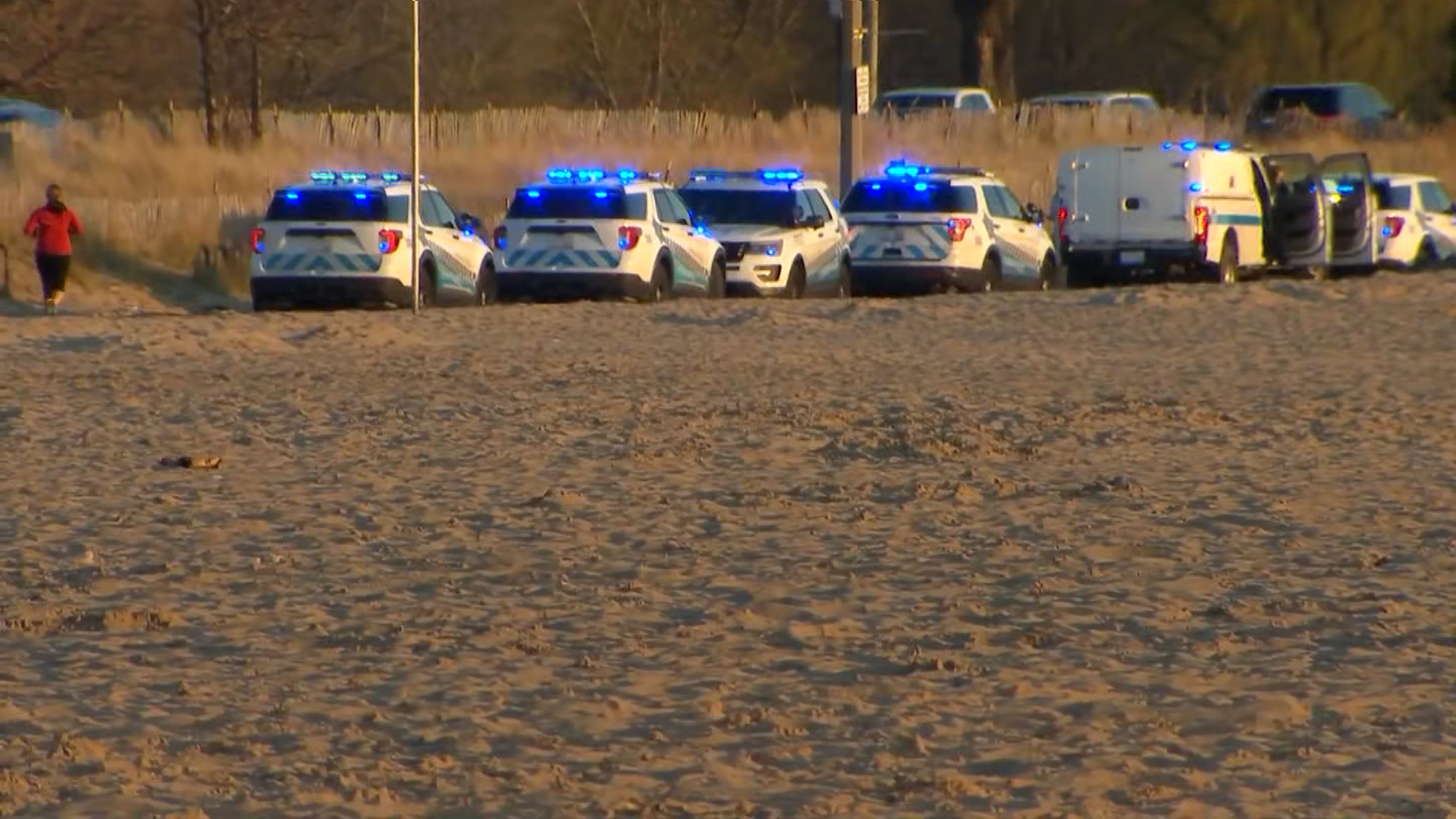The attorney for the family of a 17-year-old shot by Chicago Police is crying foul over practices at the Independent Police Review Authority, which he says suggest staffers are too close to the officers they are assigned to investigate.
Specifically, attorney Victor Henderson points to the questioning of the four officers involved in the shooting of Christian Green, July 4 of 2013. He notes that on numerous occasions during those interviews, the IPRA investigator stops the tape recorder during critical portions of the sessions.
“There is a conspiracy between the interviewers at IPRA and the officers they were interviewing at the Chicago Police Department,” Henderson charges. “I believe when the tape recorder was shut off, that the IPRA investigator prompted the interviewees in terms of what to say.”
Through a Freedom of Information request, NBC5 Investigates obtained audio recordings and transcripts of the interviews with the four officers. All told, the investigator is heard stopping the tape twelve times.
As each of the interviews begin, IPRA investigator William Abbruzzese reads a disclaimer, advising the officers that they can ask for the tape recorder to be stopped for any reason by a vocal signal or by raising their hand. IPRA spokesman Larry Merritt said in a statement, that is protocol.
“It is IPRA’s current policy to ensure that entire interviews are recorded and once recording has started, there should only be breaks in the recording to accommodate witness needs,” Merritt said. “The Investigator is to make a verbal acknowledgment on tape whenever a witness or attorney asks for or motions for a break in the interview.”
That was not the case in the Green interviews.
Local
Case in point, the interview with officer Robert Gonzalez. Gonzalez fired 11 shots at Green, who he said was armed with a handgun, and had turned and pointed it at him after commands to stop. Autopsy reports indicated that Green was shot in the back. Henderson concedes the teenager had a weapon, but had dropped it before he was fatally shot.
“I was about to exit my vehicle and I noticed him holding the handgun,” Gonzalez said during his IPRA statements. “And the handgun was pointed at me.”
At that point, Abbruzzese appears to interrupt.
“I’m going to pause the recorder,” he says, and the machine is switched off.
When it is turned back on, Gonzalez continues.
“Prior to that, I had, I had, as we were coming up approaching him, I had, had, I was yelling out to drop the gun, drop the gun,” he said. “And he ended up turning East into the lot. And at that point, that’s when I observed him holding the weapon and the weapon was pointed at me.”
It happens again and again. With Gonzalez’ partner, the machine is switched off five times.
“It’s apparent to me, that it’s the interviewer, and not the interviewee, who is asking for the tape to stop,” Henderson says. “There is no reasonable explanation other than them working with and prompting the police officers.”
Merritt, the IPRA spokesman, insisted that was not the case, and raised the possibility that the officers’ attorney might have been signaling that he wanted the recorder switched off to confer with his client during the officers’ answer, causing the abrupt switches. Asked why the investigator never states on the record why he is stopping the tape, the spokesman said, “What you’ve described is not in line with the policy.”
Henderson, who has filed suit on behalf of Green’s family, argues the case is a textbook example, of a process which is far different than the one police use when questioning suspects.
“There’s two sets of rules,” he said. “There’s a set of rules when you’re investigating a shooting by a Chicago Police officer, versus the set of rules that are used when the CPD is investigating a normal shooting on the street.”
“What I’m advocating is one set of rules, so that everybody is playing by the same rules.”



